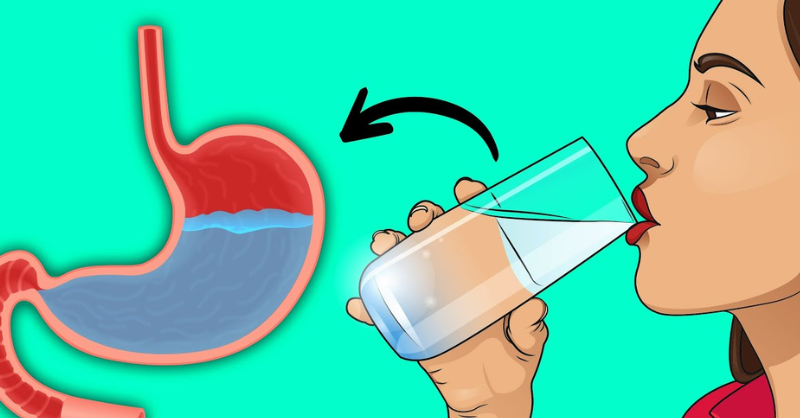
Kidney health is often overlooked until serious problems arise. More than 800 million people worldwide live with chronic kidney disease, which often develops silently. In many cases, the first sign of damage comes from a simple urine test that detects albumin, a protein that should not normally be present in large amounts. One of the most overlooked contributors to kidney deterioration is the improper or excessive use of certain medications.
Below are some of the most common drugs that, when misused, can damage kidney function.
1. Omeprazole and Other Proton Pump Inhibitors (PPIs)
Omeprazole is widely prescribed to treat reflux, heartburn, and ulcers. However, prolonged use without medical supervision has been linked to acute kidney injury and chronic kidney disease. Self-medicating is particularly risky.
Safer alternative: H2 antagonists such as famotidine are generally considered less harmful for patients without pre-existing kidney damage.
2. Ibuprofen and Other NSAIDs

Nonsteroidal anti-inflammatory drugs (NSAIDs), such as ibuprofen, are commonly used to relieve pain. However, they can reduce blood flow to the kidneys and trigger acute kidney injury, particularly in older adults or those with kidney disease. The danger rises with high doses or prolonged use.
Recommendation: Do not take NSAIDs for more than 10 consecutive days without medical supervision.
3. Other Pain Relievers: Aspirin, Naproxen, Diclofenac
Overuse of NSAIDs like aspirin, naproxen, and diclofenac can lead to fluid retention, increased blood pressure, and chronic kidney disease. Symptoms of kidney stress may include bloating, fatigue, nausea, and decreased urination.
4. Aminoglycoside Antibiotics
Powerful antibiotics such as gentamicin and amikacin are effective against severe infections but can be toxic to the kidneys. They can damage the nephrons—the filtering units of the kidneys—if not carefully monitored.
Note: These medications should only be used under strict medical supervision.
5. Lithium for Bipolar Disorder
Lithium is a well-established treatment for bipolar disorder, but long-term use may lead to kidney failure or nephrogenic diabetes insipidus.
Recommendation: Regular checkups with both a nephrologist and psychiatrist are essential for patients on lithium therapy.
6. Diuretics

Diuretics help control high blood pressure and fluid retention, but over time, they can overwork the kidneys, causing dehydration, electrolyte imbalances, and potential kidney failure.
7. Blood Pressure Medications (RAS Inhibitors)
Certain renin-angiotensin system (RAS) inhibitors may affect kidney function in the long term. However, these drugs should never be stopped without medical advice, as they remain essential for managing hypertension.
Tips to Protect Kidney Health

- Monitor your blood pressure with regular checkups
- Maintain a healthy weight
- Keep blood sugar under control if you are diabetic
- Schedule regular urine tests to detect early kidney damage
- Avoid self-medication, even with over-the-counter drugs
- Quit smoking and limit alcohol consumption
- Keep cholesterol and triglycerides within healthy ranges
Final Thought
Many common medications can harm the kidneys if misused, but awareness and proper medical guidance make all the difference. Protecting kidney health starts with informed decisions, regular monitoring, and avoiding self-medication.




